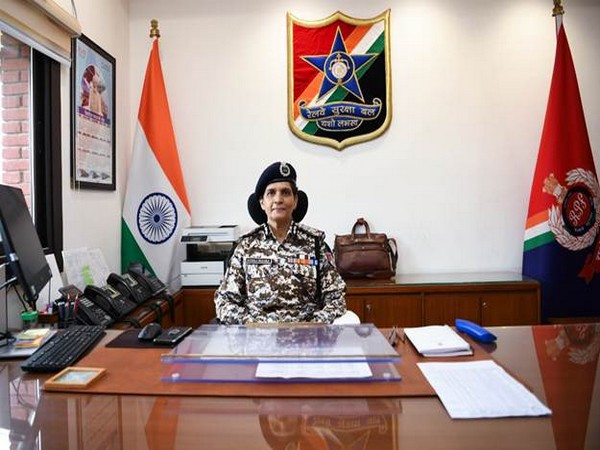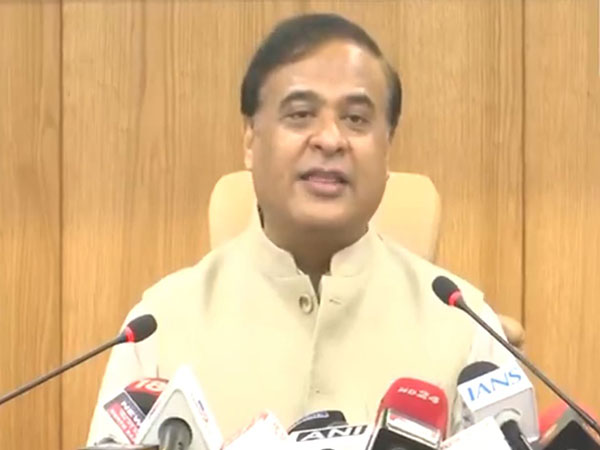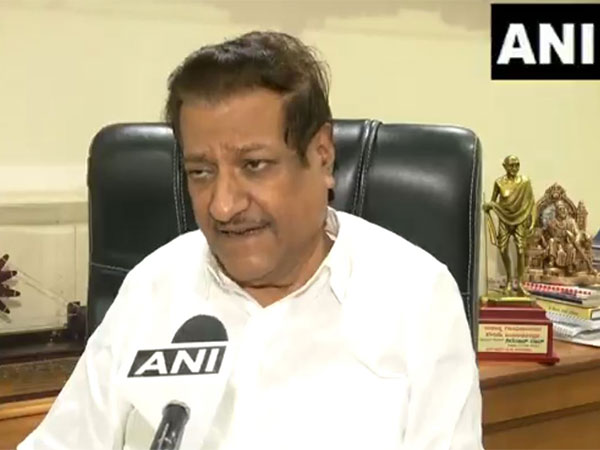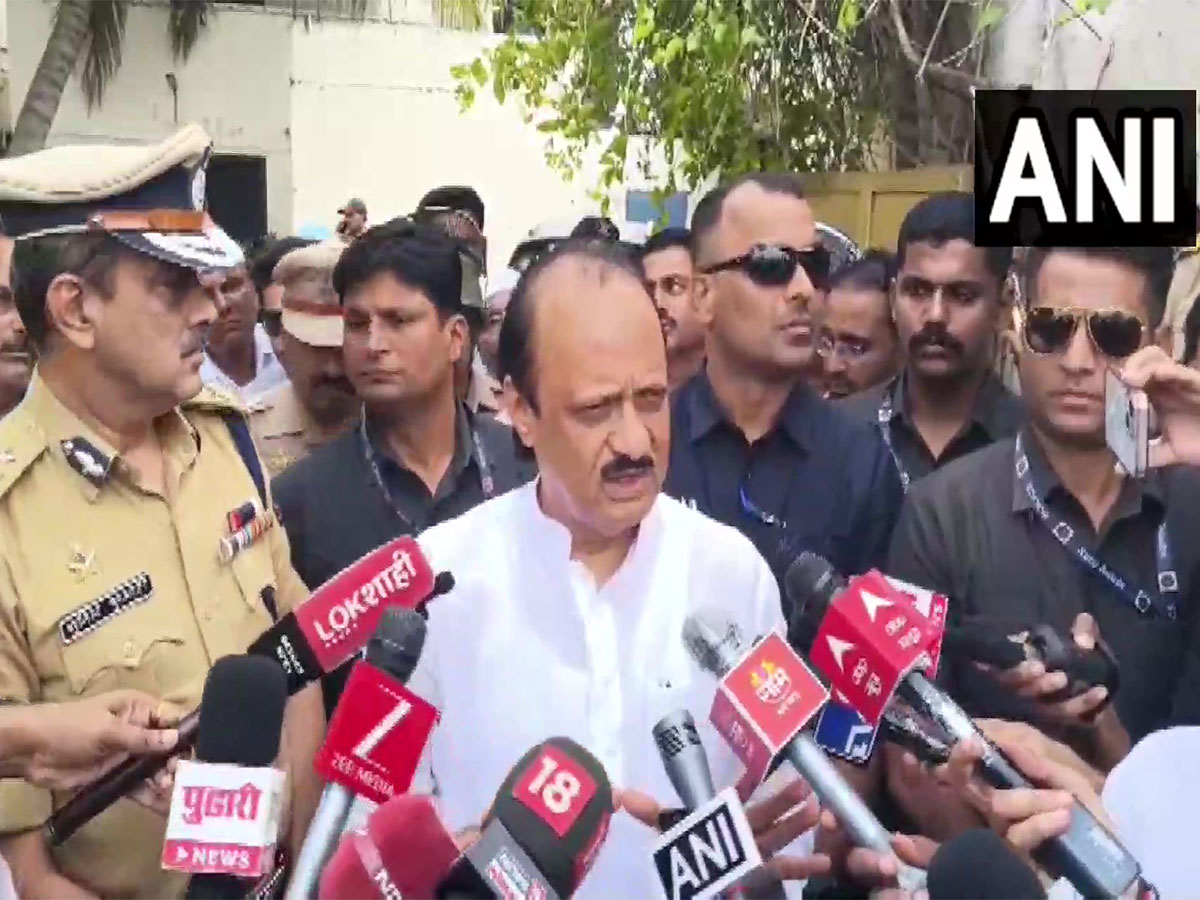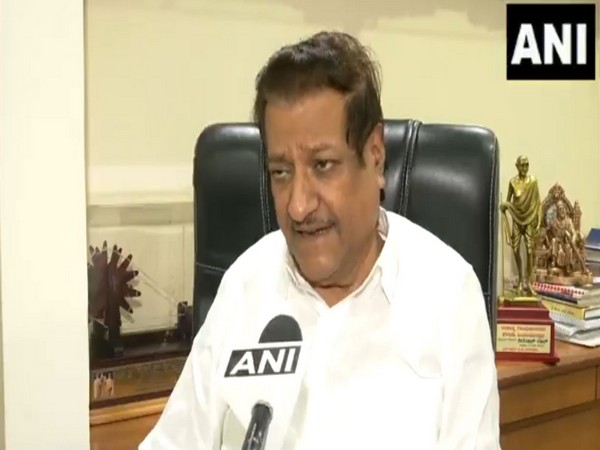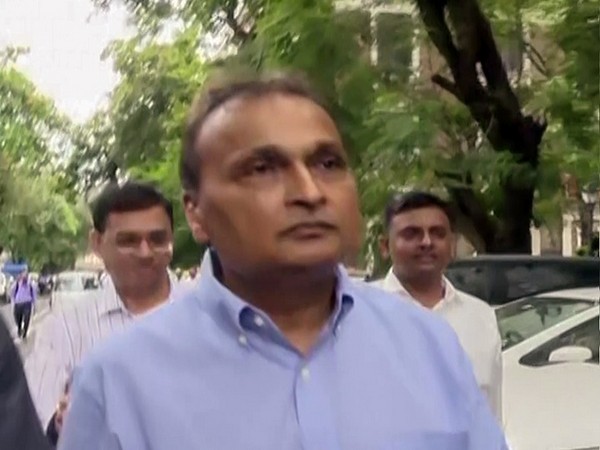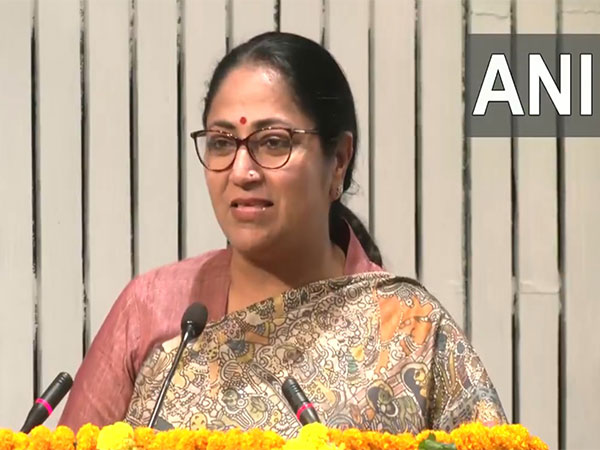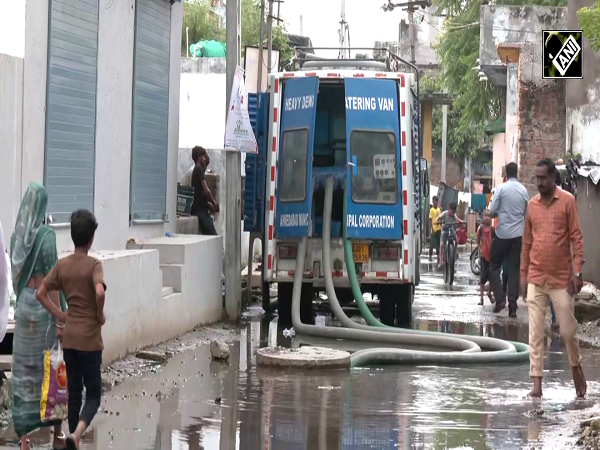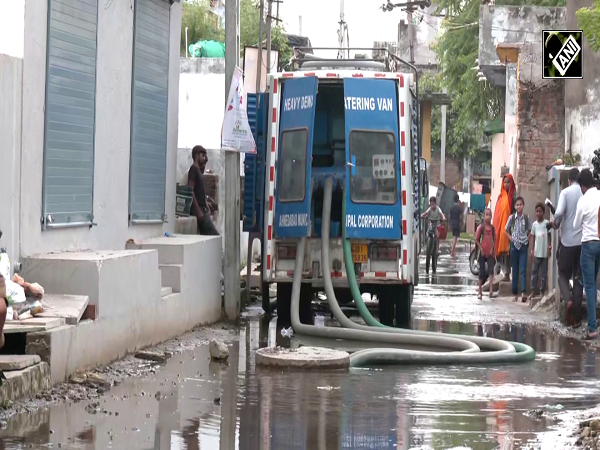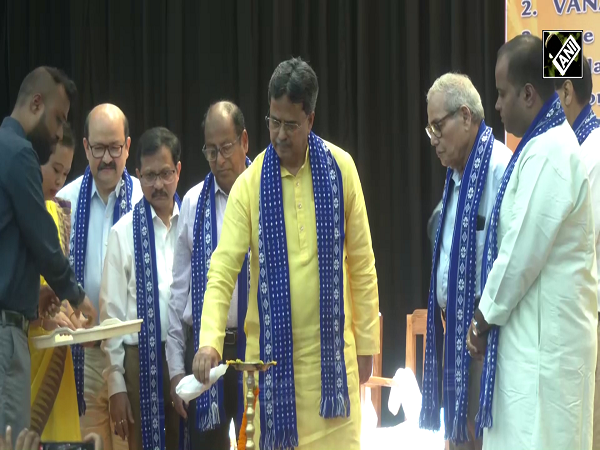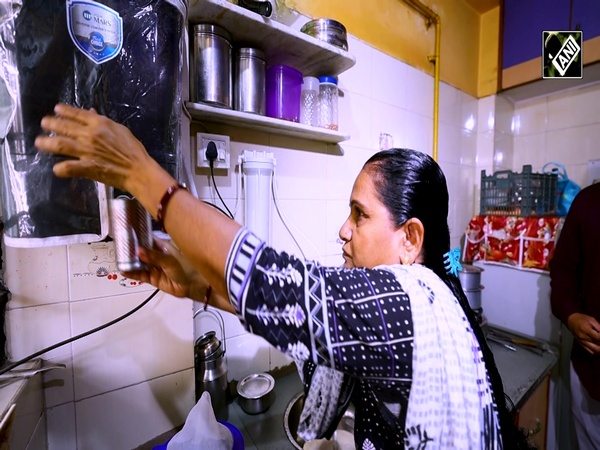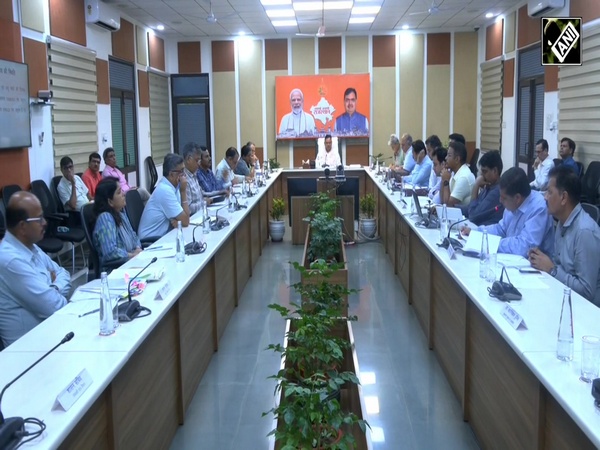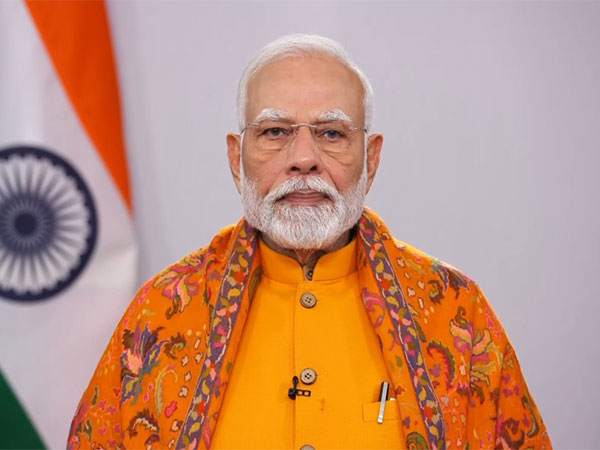
Union Cabinet approves four multi-tracking railway projects, PM Modi says government striving to provide next-generation infrastructure
Jul 31, 2025
New Delhi [India], August 1 : In a significant step which will help decongest the railway network and reduce logistics cost, the Cabinet Committee on Economic Affairs on Thursday approved four multitracking projects covering 13 districts across six states with Prime Minister Narendra Modi stating that the decision is part of government's efforts to provide next-generation infrastructure.
He said ehese projects will benefit people of Maharashtra, Madhya Pradesh, West Bengal, Bihar, Odisha, and Jharkhand.
"In a boost to our efforts to provide next-generation infrastructure, 4 major rail projects worth over Rs. 11,100 crore have been approved by the Cabinet," PM Modi said in a post on X.
The decision was taken at CCEA meeting chaired by PM Modi. It will increase the existing network of Indian Railways by about 574 kilometres.
The projects are expected to generate direct employment for about 229 lakh human-days during construction.
Briefing the media after the cabinet meeting, Information and Broadcasting Minister Ashwani Vaishnaw said that the projects include Itarsi - Nagpur fourth line; Aurangabad (Chhatrapati Sambhajinagar) - Parbhani Doubling; Aluabari Road- New Jalpaiguri third and fourth line; and Dangoaposi- Jaroli third and fourth line.
Vaishnaw, who is also the Union Railways Minister, said the increased line capacity will significantly enhance mobility, resulting in improved operational efficiency and service reliability for Indian Railways. These multi-tracking proposals are poised to streamline operations and alleviate congestion.
An official release said that the projects are in line with Prime Minister Narendra Modi's Vision of a New India, which will make people of the region "Atmanirbhar" by way of comprehensive development in the area, which will enhance their employment/ self-employment opportunities.
The projects are planned on the PM-Gati Shakti National Master Plan with a focus on enhancing multi-modal connectivity & logistic efficiency through integrated planning and stakeholder consultations.
"These projects will provide seamless connectivity for movement of people, goods, and services," the release said.
The proposed multi-tracking project will enhance connectivity to about 2,309 villages, which have a population of about 43.60 lakh.
"These are essential routes for transportation of commodities such as coal, cement, clinker, gypsum, fly ash, containers, agricultural commodities, and Petroleum products. The capacity augmentation works will result in additional freight traffic of magnitude 95.91 MTPA (Million Tonnes Per Annum)," the release said.
The Railways being an environment-friendly and energy-efficient mode of transportation, the decision will help both in achieving climate goals and minimising logistics cost of the country, reduce oil import (16 Crore Litres) and lower CO2 emissions (515 crore kg), which is equivalent to the plantation of 20 crore trees.
The Cabinet Committee on Economic Affairs chaired by the Prime Minister, has also approved a special exemption for NLC India Limited (NLCIL) from the prevailing investment guidelines applicable to Navratna Central Public Sector Enterprises (CPSEs). This strategic decision enables NLCIL to invest Rs.7,000 Crore in its wholly owned subsidiary, NLC India Renewables Limited (NIRL) and in turn NIRL investing in various projects directly or through formation of Joint Ventures, without the requirement of prior approval under the existing delegation of powers. This investment is further exempted from the 30% net worth ceiling stipulated by the Department of Public Enterprises (DPE) for overall investment by CPSEs in JVs and Subsidiaries providing NLCIL and NIRL greater operational and financial flexibility.
The exemptions aim to support NLCIL's ambitious target of developing 10.11 GW of Renewable Energy (RE) capacity by 2030 and expanding this to 32 GW by 2047. The approval aligns with India's commitments made during COP26 for transition toward a low-carbon economy and achieve sustainable development. The country has pledged to build 500 GW of non-fossil fuel energy capacity by 2030 as part of the "Panchamrit" goals and its long-term commitment to achieve Net Zero emissions by 2070.
CCEA has also granted enhanced delegation of power to NTPC Limited from the extant guidelines of delegation of power to Maharatna CPSEs for making investment in NTPC Green Energy Limited (NGEL), a Subsidiary Company and subsequently, NGEL investing in NTPC Renewable Energy Limited (NREL) and its other JVs/ subsidiaries beyond earlier approved prescribed limit of Rs.7,500 crore upto an amount of Rs.20,000 crore for Renewable Energy (RE) capacity addition to achieve 60 GW Renewable Energy Capacity by 2032.
In another decision, the Union Cabinet approved the Central Sector Scheme "Grant in aid to National Cooperative Development Corporation (NCDC)" with an outlay of Rs.2000 crore for a period of four years from 2025-26 to 2028- 29 (Rs.500 crore each year from FY 2025-26).
On the basis of grant in aid of Rs.2000 crore to NCDC from FY 2025-26 to FY 2028-29, NCDC will be able to raise Rs.20,000 crore from open market over a span of four years. These funds will be utilized by NCDC for granting loans to Cooperatives for setting up new projects and expansion of plants and loan for meeting the working capital requirements.
